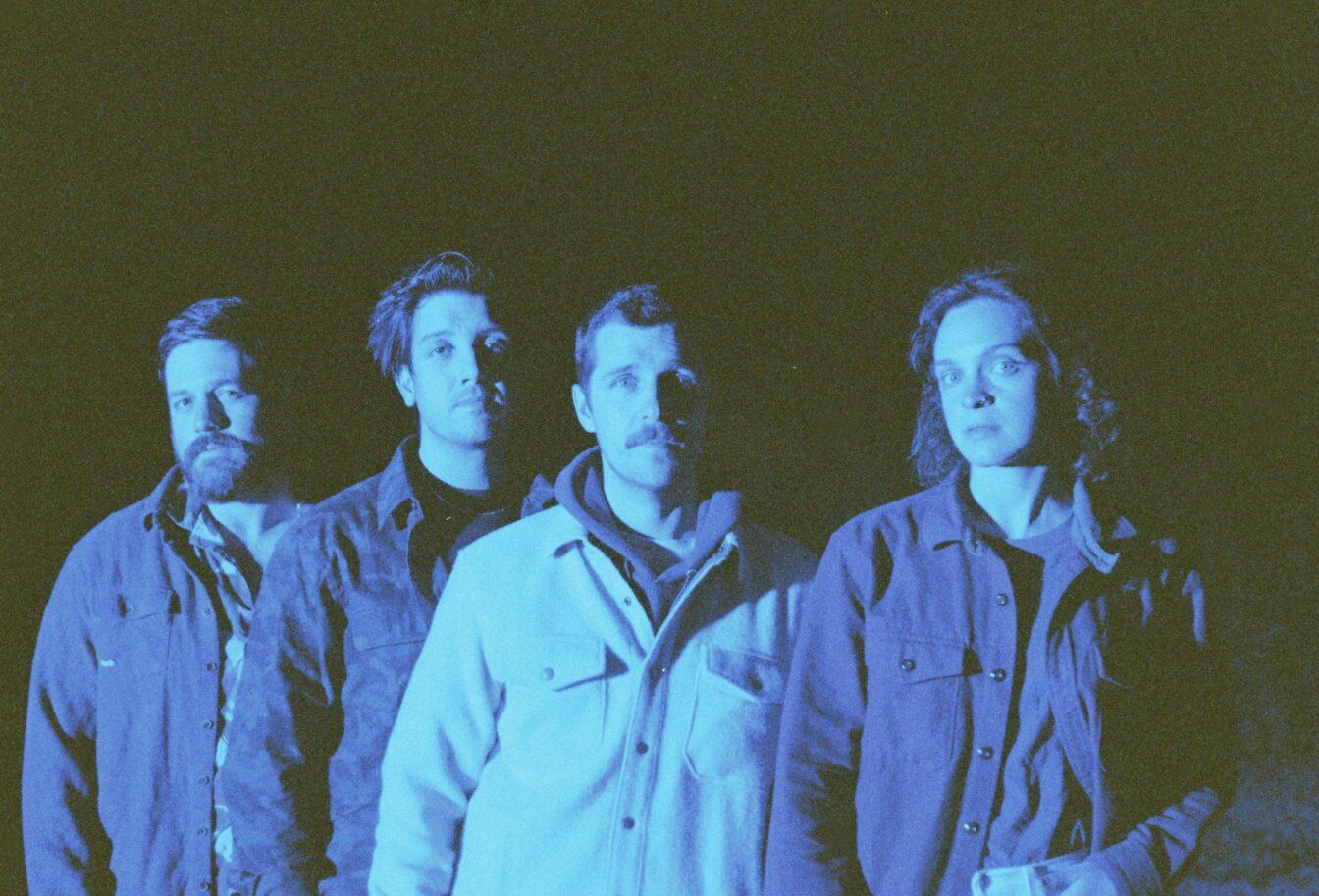Bluegrass indie-folk quartet Mipso can’t stay away from Madison’s eclectic college-town vibes. Consisting of bassist Wood Robinson, mandolinist Jacob Sharp, guitarist Joseph Terrell and fiddler Libby Rodenbough, the band is returning for their sixth performance in the city Nov. 3 at the High Noon Saloon.
Doors open at 7 p.m. The opening act, Minneapolis-based folk band Humbird, will begin at 8 p.m. Tickets are available for purchase on the High Noon Saloon’s website for $20 in advance or $22 at the door.
Ahead of the concert, The Badger Herald had the opportunity to speak with mandolinist Sharp about the band’s origins, time apart in recent years and their newest album, “Book of Fools.”
Editor’s Note: This interview has been edited for brevity and clarity.
What was the inspiration behind the name of your most recent album, “Book of Fools?”
We always let the music determine the accompanying artwork and title of an album. As we got into the batch of songs that became this record, the first track, “Starry Eyes / Book of Fools,” seemed to cast a line through the rest of the material. Without giving too much away in case you haven’t heard the album yet, it’s about being on the front edge of a new chapter in life and wondering if you’re seeing things the right way.
With the gap between your two most recent albums being the largest in your band’s history, how did your sound evolve throughout the break? What makes “Book of Fools” different?
We met when we were students at the University of North Carolina and started playing music just for fun. It quickly became a thing that everything else in our lives orbited, both individually and collectively. We basically lived on the road together and even shared a house when we were off the road.
When the last album [before “Book of Fools”] came out, which was self-titled and released in 2020, it was during the heart of the COVID-19 pandemic. A couple of us had moved further away from each other right before then. One thing that makes this album really different is that we had space to grow apart both physically and over time to grow apart without knowing it. A big part of writing, structuring and recording the album was about getting to know each other again.
What did you learn about each other again after the break?
Expressing yourself musically is such a unique type of communication. That’s the interesting thing about our band, we’re each other’s first and only. We all started learning to play music together. We learned to talk through the music we made.
What was interesting about this period [producing “Book of Fools”] was not having that constant conversation. One thing I learned over the last couple of years is that each of my bandmates is intentionally listening a little more deeply.
The music video for “Carolina Rolling By” from “Book of Fools” is a collection of what seems to be home videos. Could you speak on the meaning behind the montage and its association with the song?
It’s one of my favorite songs that Joseph wrote for this batch. It’s such a good connector of the band that we have been to the band that we are now, so the video is about capturing the current version of ourselves through sepia tones. We’re moving, we’re changing.
That song resonates with me because on the surface, it sounds just like a summer drive. Like, it’s groovy. But the deeper you listen, the more you realize that something’s off and we thought the montage would show that.
How have your band and its members’ Appalachian origins influenced its sound?
Being from North Carolina, we feel really lucky to be from a place where there’s a lot of rooted culture. I love to cook and I was listening to this podcast the other day between two chefs, where they were talking about how there isn’t one American cuisine. There’s all these things we’ve put together and that’s something beautiful about our country, but I like the moments where you find something that specific.
In North Carolina, there’s a lot of that. Looking at folk and bluegrass traditions, that’s definitely the ground our roots are in and what we continue to water even as we grow in other directions.
Is there a glue that has stuck Mipso together for the past 10 years? Or are there multiple reasons why your group creates and performs well together?
We’re really different people than we were then and we’re really different musicians too. But we all really enjoy each other. We’re this funny little tribe that fits together and our differences suit each other. That seems to be something that people feel when we’re on stage.
The reason we have stayed in this project instead of branching out is that it’s really rewarding to watch someone else grow and to try and meet them where they’re at now. The challenge of taking four unique perspectives, voices and instruments and finding a way they can say something together is still just as challenging as it was a decade ago, sometimes in frustrating ways. But when we nail it, it’s just as rewarding.
With college-town origins, does your band enjoy performing in college towns?
Totally. We’re too old to be in college, but it’s such a nostalgic place. We really believe in higher education and towns that have a central binding force. In the last 10 years, we’ve been to every city in America at least twice a year. Consistently, our favorite ones are those with an identity driven by the local students.
People going to shows are aware that it’s like a part of something that’s bigger than just themselves or just the band or just that night and it’s more about this history of people gathering to share a night of music and emotions together.



